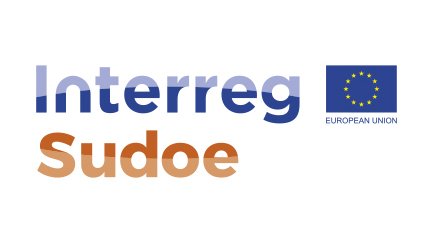INTERREG Southwest (Sudoe)

The Interreg Sudoe Programme supports regional development in Southwest Europe financing transnational projects through the European Regional Development Fund (ERDF).
The Programme promotes transnational cooperation to solve common problems in Southwest Europe, such as low investment in research and development, weak competitiveness of the small and medium-sized enterprises and exposure to climate change and environmental risks.
The European Commission approved the Interreg Sudoe Programme (abbreviation of Cooperation Programme Interreg V-B Southwest Europe) on the 18th of June 2015 with a total budget of 141 million Euros.
Eligible regions
The projects approved must be organised by public or private partners from regions of different Southwest European countries. The eligible regions are all the Spanish Autonomous Communities (except Canary Islands), the six Southwestern regions of France, all continental regions of Portugal, United Kingdom (Gibraltar) and the Principality of Andorra.
What will the projects deal with?
The projects approved will deal with one among five priority axis, identified as the areas on which transnational cooperation will have its strongest impact in the context of Southwest Europe:
- Research and innovation
- Competitiveness of SMEs
- Low-carbon economy
- Combating climate change
- Environment and resource efficiency
What is Interreg?
Interreg Sudoe Programme is part of the European territorial cooperation objective, better known as Interreg, which is financed by one of the European funds for regional policy: the European Regional Development Fund (ERDF). The current programming period covers from 2014 to 2020. Its two previous programme generations were SUDOE 2007-2013 and SUDOE 2000-2006.